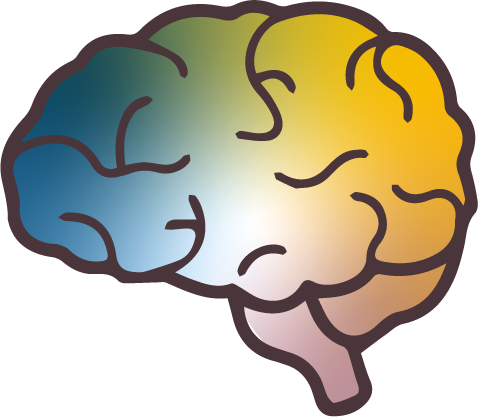
#36 Forms & Focus Discussion on Green Tea
Green Tea and Focus
Bro, what are you drinking? Better not be some type 2 diabetes bullshit! Today on this episode we talk about the benefits of the humble and ancient green tea!
0:00 Intro to Green Tea and Focus
0:30 Podcast Intro
1:02 Green Tea Fun Facts
2:45 Health Benefits of Green Tea
9:28 Green and Focus
Listen to Episode
Watch the Episode
SHOW NOTES
Green Tea Facts:
- Green tea is produced from the leaves of the Camellia sinensis, or tea plant. Oolong and black tea are also produced from the plant, but are processed and oxidized in different manners
- Written records date the use of the plant as a beverage since at least the tenth century b.c. in China, and it is thought to be close to 5,000 years old. Tea is the most consumed beverage worldwide (after water). It is also one of the most popular herbal infusions in existence—drunk regularly by over half the world population. Encyclopedia.com
- Green tea can have 30-50 milligrams of caffein per 8 o.z cup. (100-150 for coffee for reference)
Health Benefits:
- Green tea consumption has been linked to the prevention of many types of cancer, including lung, colon, esophagus, mouth, stomach, small intestine, kidney, pancreas, and mammary glands [33]. Several epidemiological studies and clinical trials showed that green tea may reduce the risk of many chronic diseases. National Library of Medicine
- One large study in Japan followed 40,000 adult participants over 11 years, and found that daily green tea consumption was linked to lower risk of death from cardiovascular disease. In particular, the study was examining the link between the polyphenols (antioxidants) in green tea and cardiovascular diseases. The minimum daily consumption required to see this benefit was five cups per day. (WebMD)
- Another large Japanese study, this one following more than 82,000 participants over 13 years, found that higher consumption rates of green tea were associated with reduced risk of stroke. Participants who drank four cups per day or more saw the highest benefit. (WebMD)
- Several human- and animal-based studies suggested that green tea and its flavonoids have antidiabetic effects National Library of Medicine
So, before we talk about how green tea works its magic we need to mention free radical/oxidants
- Free Radical: A molecule with one or more unpaired electron in its outer shell.
- Free radicals and oxidants play a dual role as both toxic and beneficial compounds since they can be either harmful or helpful to the body. They are produced either from normal cell metabolisms or from external sources (pollution, cigarette smoke, radiation, medication).
- When an overload of free radicals cannot gradually be destroyed, their accumulation in the body generates a phenomenon called oxidative stress. This process plays a major part in the development of chronic and degenerative illness such as cancer, autoimmune disorders, aging, cataract, rheumatoid arthritis, cardiovascular and neurodegenerative diseases. National Library of Medicine
Damn bro, that doesn’t sound good. So, what does drinking green tea do about these free radicals.
- Teas contain Polyphenols: Polyphenols are secondary metabolites of plants and are generally involved in defense against ultraviolet radiation or aggression by pathogens. National Library of Medicine
- Polyphenols help rid the body of oxidants and free radicals.
- Main Polyphenols in Green it is catechins. A natural polyphenolic phytochemical that exist in food and medicinal plants. An increasing number of studies have associated the intake of catechins-rich foods with the prevention and treatment of chronic diseases in humans National Library of Medecine
Green Tea and Focus
- Green Tea contains an amin acid Theanine
- It has been known that the theanine in tea has positive effects especially on relaxing, cognitive performance, emotional status, sleep quality, cancer, cardiovascular diseases, obesity, and common cold. (Pubmed)
- The combination of moderate levels of L-theanine and caffeine significantly improved accuracy during task switching and self-reported alertness (both P < 0.01) and reduced self-reported tiredness (National Library of Medecine)
Conclusion
- Drink some green tea bruh
- Always consider sourcing
- Cheaper teas/ big brands may have residual pesticides or fungicides
- Some tea bags shed billions of microplastics in your tea. Use loose leaf
- Buy the good shit!
- Black and Oolong Tea have beneficial properties but not to the extent as green tea.
FIND US AT
https://formsandfocus.com/
https://www.instagram.com/formsandfocus/
https://www.tiktok.com/@formsandfocus
#focus #dream #greentea

Comments (0)
There are no comments for this article. Be the first one to leave a message!